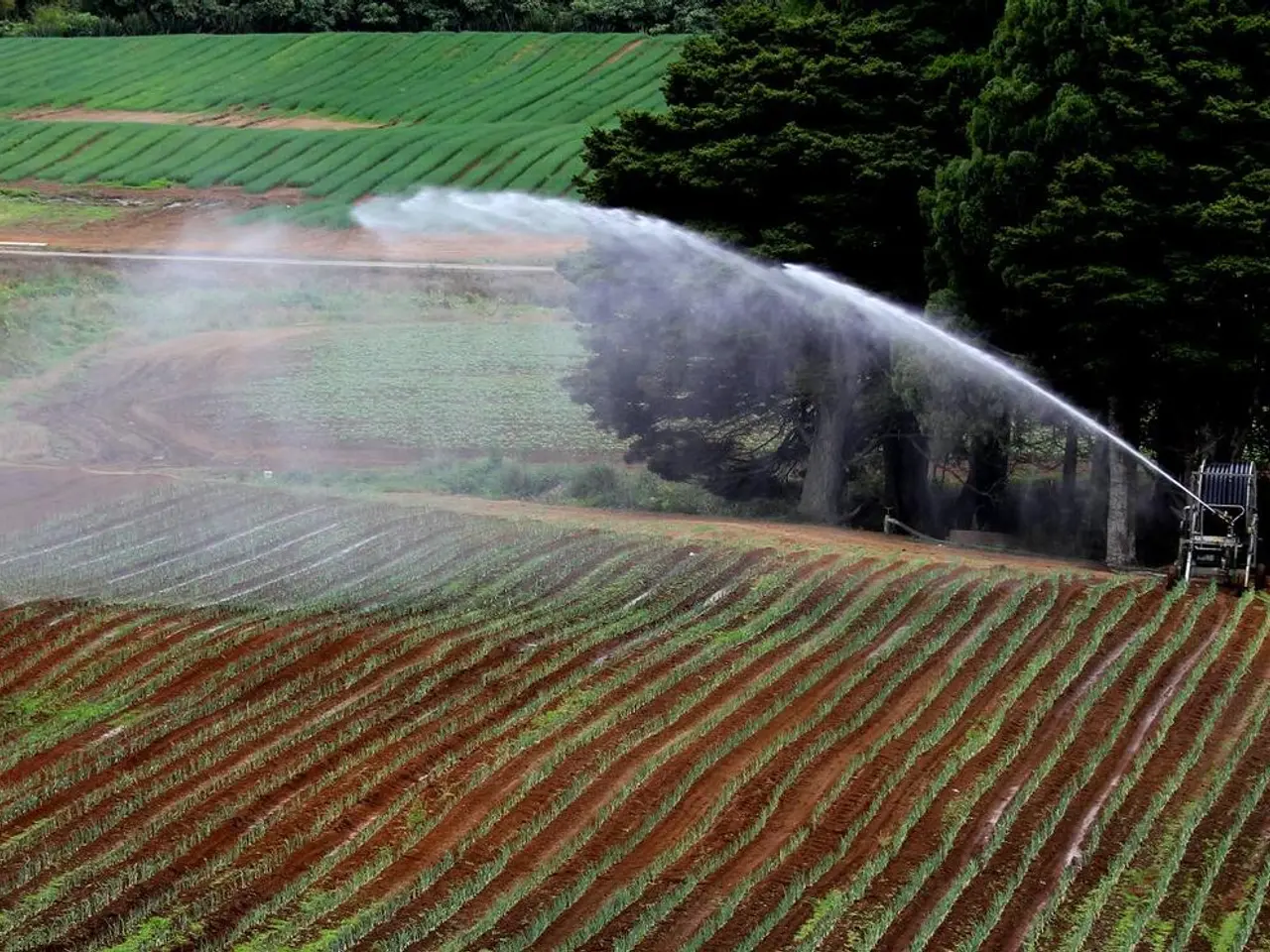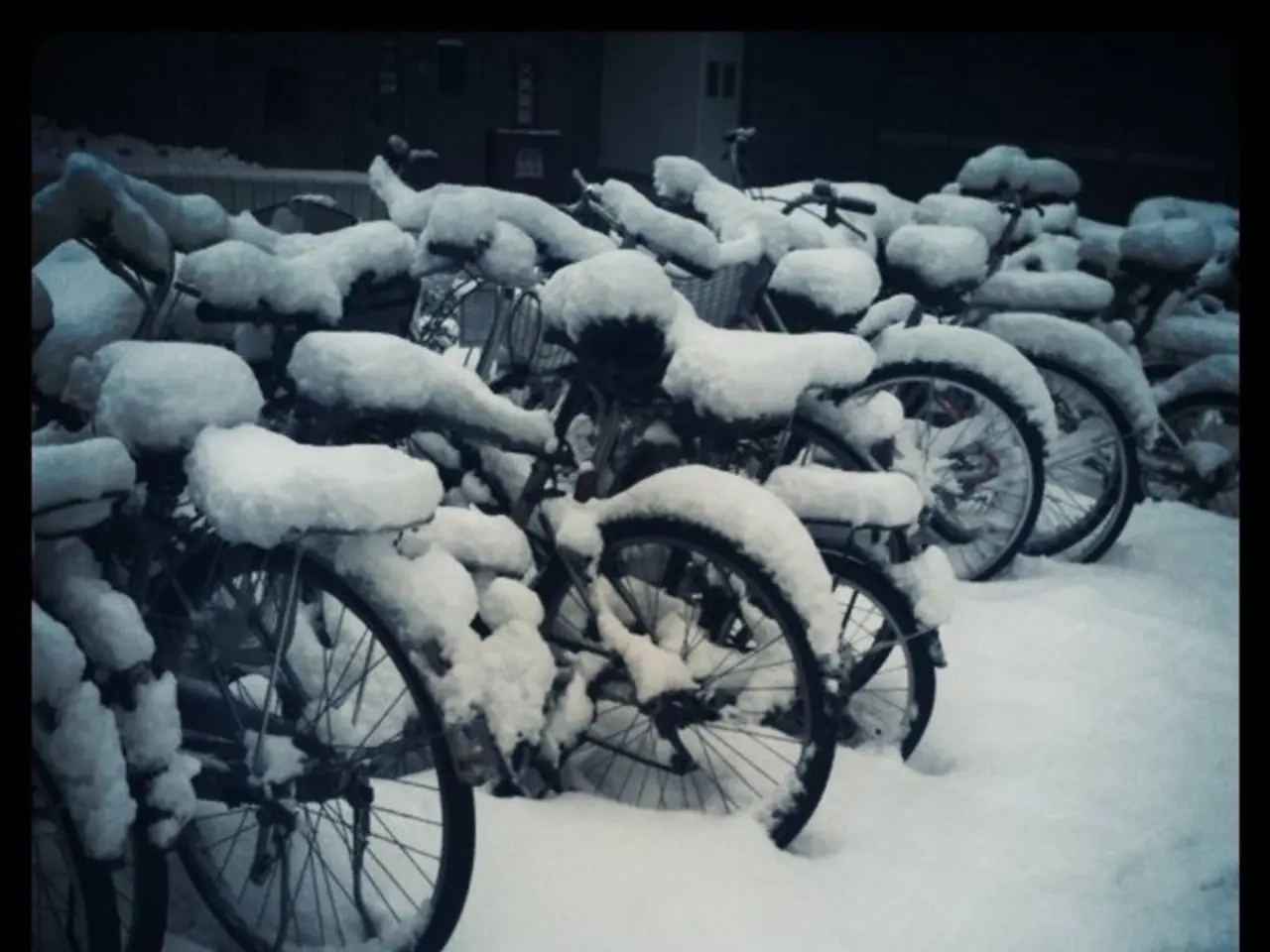Contagious fungal outbreak endangers Saxony's upcoming cereal yield - Cereal crops in Saxony face imminent threat from a fungus outbreak
Fungal Infestation Threatens Saxony's Grain Harvest
Persistent rain in Saxony, Germany, has led to a significant threat of fungal infestation in grain crops, causing concern among farmers. The wet conditions have resulted in visible dark discoloration on wheat ears, a clear sign of fungal infestation. This infestation has reduced the grain's quality, making it less suitable for baking and potentially limiting its use to fodder [1].
The rain has also slowed the harvest progress, forcing frequent breaks, and threatening much of the wheat and rye harvest. While some crops like maize and sugar beet have benefited from the rain, the grain harvest faces a challenging situation due to these fungal issues.
Drying the grain to make it usable comes with high energy costs, adding to the financial losses for farmers in Saxony. Diana Henke, head of the state farmers' association, described the situation as "catastrophic." Farmers from the Vogtland region have also reported issues with fungal infections [1].
However, there may be a glimmer of hope. Summer with sunshine and dryness is expected to return in the coming days. While this may help the harvest in some higher altitude areas, the damage to grain quality and quantity may already be significant [1].
In summary, the impact of prolonged rain in Saxony in 2025 is a high risk of fungal infestation on grain crops, leading to compromised grain quality, delayed harvest, and economic losses for farmers[1].
[1] Source: Local Farmers' Association Reports
The prolonged rain in Saxony has led to a serious issue of fungal infestation, specifically affecting the quality of agricultural products like wheat and rye. The infestation has left the grains less suitable for baking and may limit their use to fodder.
The fungal infestation, coupled with the slow harvest progress due to the rain, poses a significant challenge to the entire grain harvest in Saxony, potentially causing substantial economic losses for farmers.








